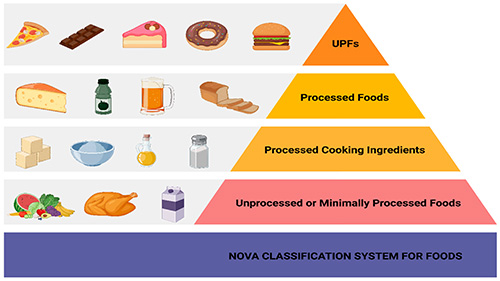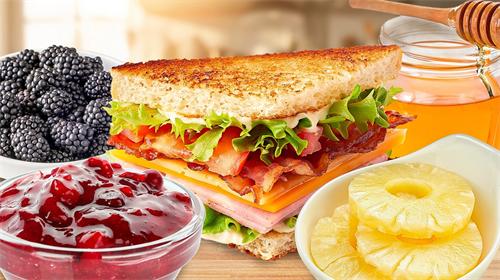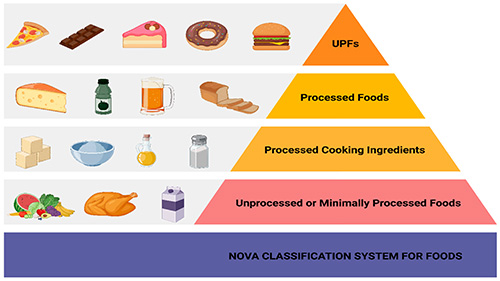How to Reduce Ultra-Processed Foods and Refocus on Whole, Healthy Ingredients

In today's fast-paced world, ultra-processed foods (UPF) have become an integral part of many people's diets. These foods are often promoted as convenient and healthy choices, but excessive consumption can pose serious health risks. Redirecting attention to natural, minimally processed ingredients can improve health and lead to a more sustainable lifestyle.
The Hidden Dangers of Ultra-Processed Foods
Ultra-processed foods are industrially produced and often contain additives, preservatives, artificial colors, and flavors that are not found in nature. Common examples include sugary cereals, ready-to-eat meals, and packaged snacks. While they may be convenient, their consumption has been linked to a variety of health problems.
Research suggests that a diet high in UPFs increases the risk of obesity, type 2 diabetes, cardiovascular disease, and even cognitive decline. For example, a study published in the British Medical Journal (BMJ) found that for every 10% increase in daily ultra-processed food intake, the risk of heart disease increased by 6%. Furthermore, the National Institutes of Health (NIH) has highlighted the link between UPFs and conditions such as hypertension, chronic obstructive pulmonary disease, and certain cancers.
The Power of Whole Foods
The inherent nutrients of whole foods—fruits, vegetables, whole grains, nuts, seeds, and legumes—are preserved by their little processing.
Nutrient density: Antioxidants, vitamins, and minerals that are vital for good health are abundant in whole meals.
Digestive health: The natural fiber in whole foods aids digestion and promotes a healthy gut microbiome.
Weight management: The high fiber content can help you feel fuller longer, reducing the likelihood of overeating.
Reduced disease risk: A diet rich in whole foods is linked to a lower risk of chronic diseases, including heart disease and diabetes.
Practical tips for switching to whole foods
Switching from ultra-processed foods to whole foods doesn't have to be difficult.
Stock your pantry smartly
Stock your pantry and refrigerator with wholesome staples: brown rice, quinoa, beans, lentils, oats, nuts, seeds, and fresh produce. An organized kitchen makes healthy eating easier.
Embrace batch cooking and meal prep
Set aside some time each week for batch cooking. Prepare dishes like soups, stews, or roasted vegetables ahead of time; freeze them for easy, nutritious meals later.
Become a label sleuth
When buying packaged products, always read the ingredient list. If the ingredient list is long or contains unusual additives, it's likely an ultra-processed food. Choose products with short, easily recognizable ingredient lists.
While ultra-processed foods offer convenience, their long-term health effects shouldn't be ignored. By refocusing on natural, minimally processed ingredients, you can enhance your health, support a sustainable food system, and enjoy a more vibrant life.



